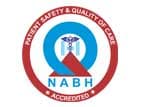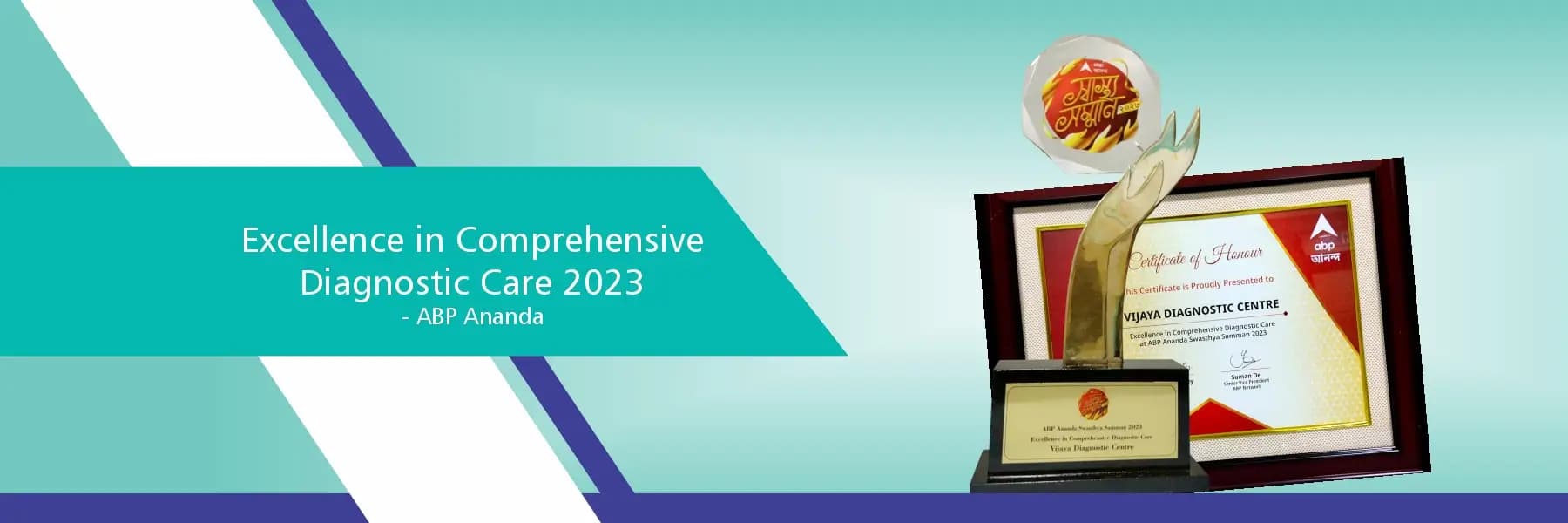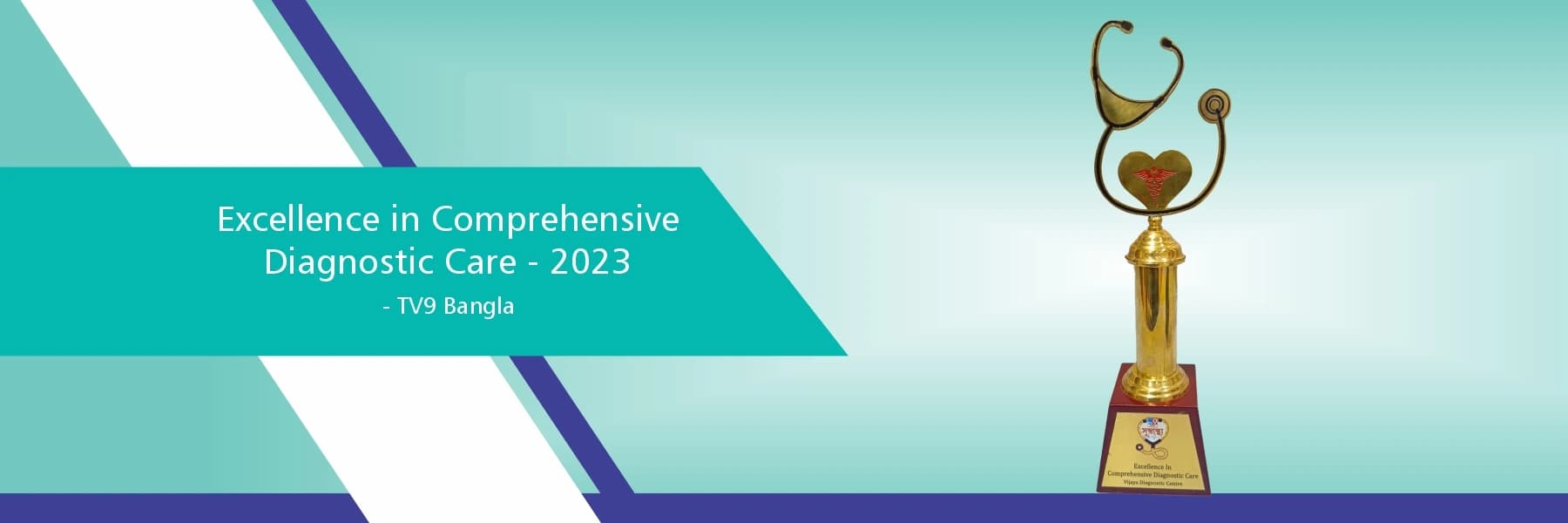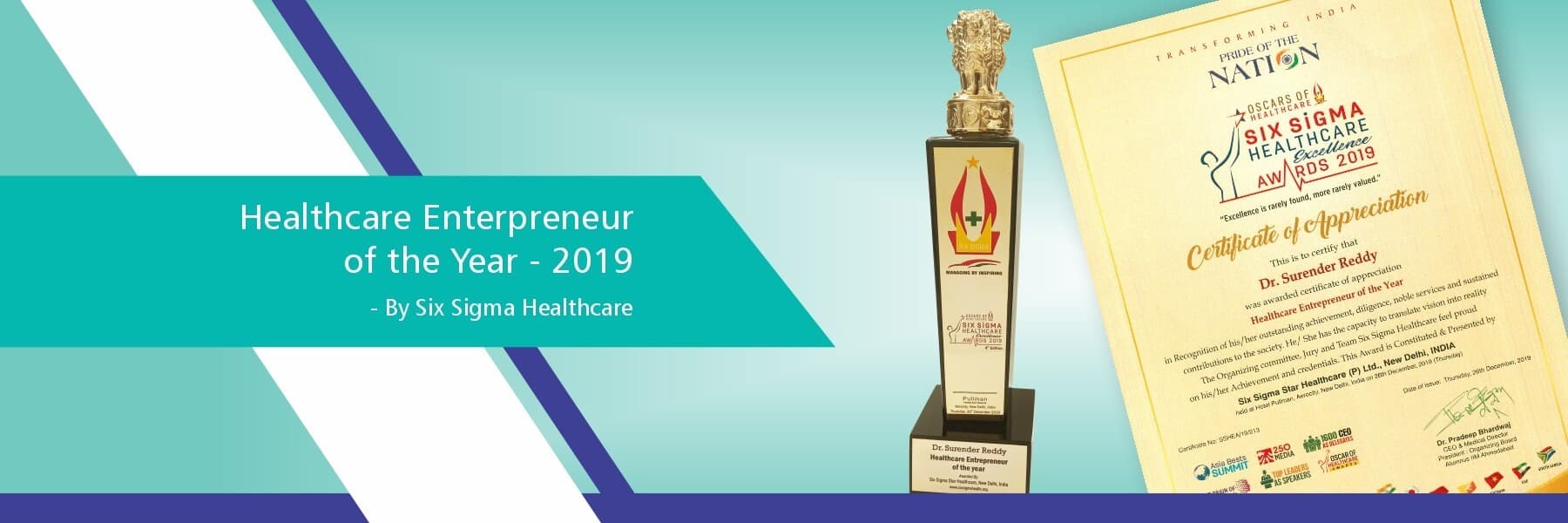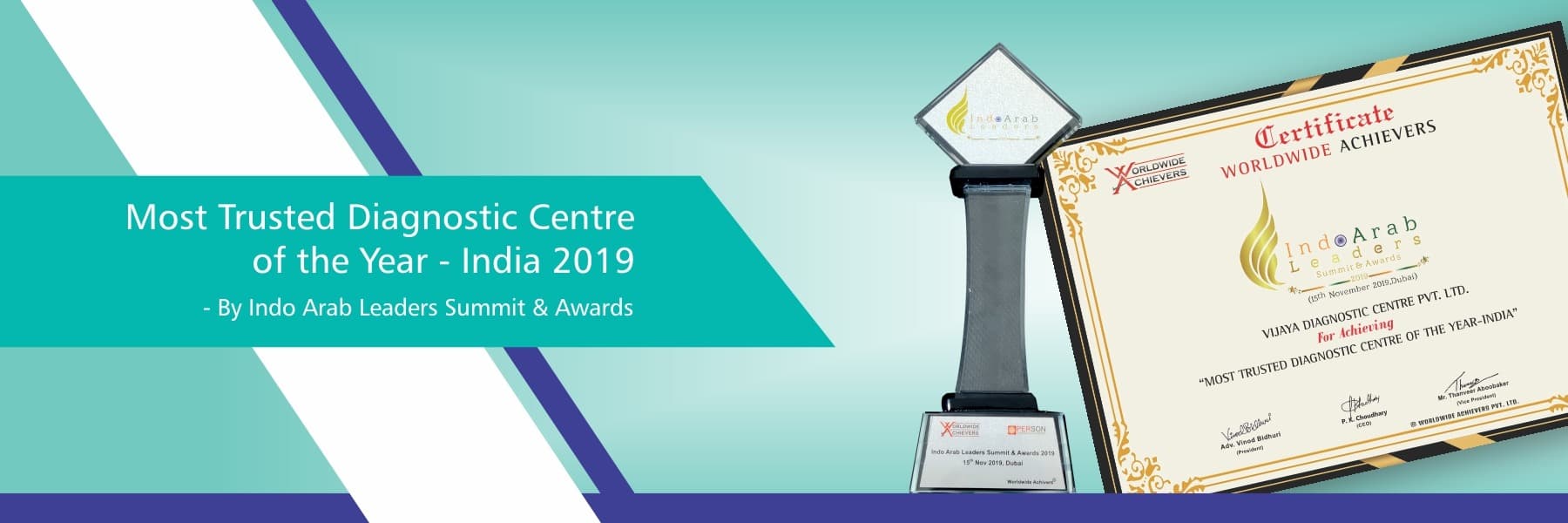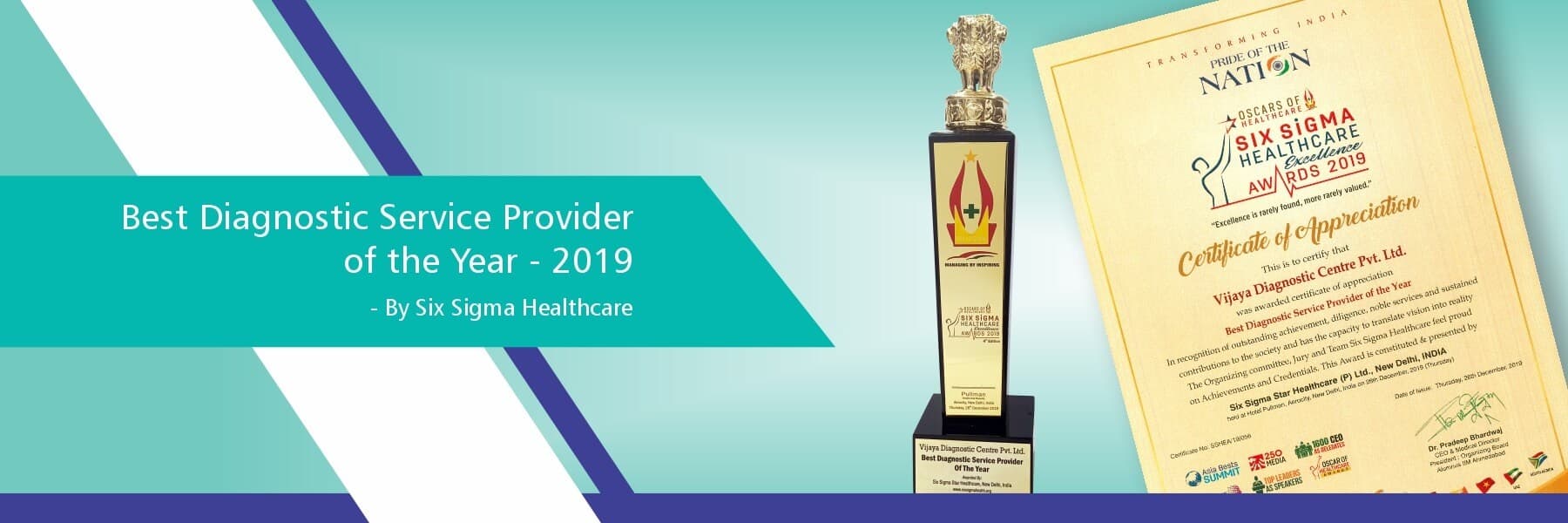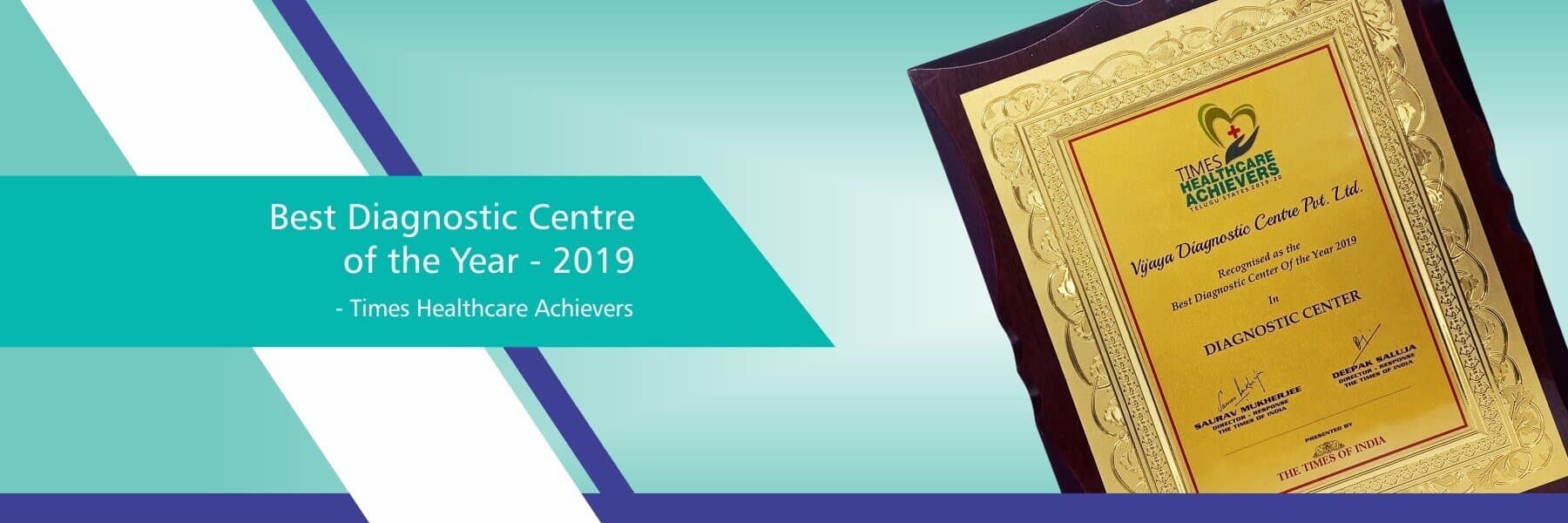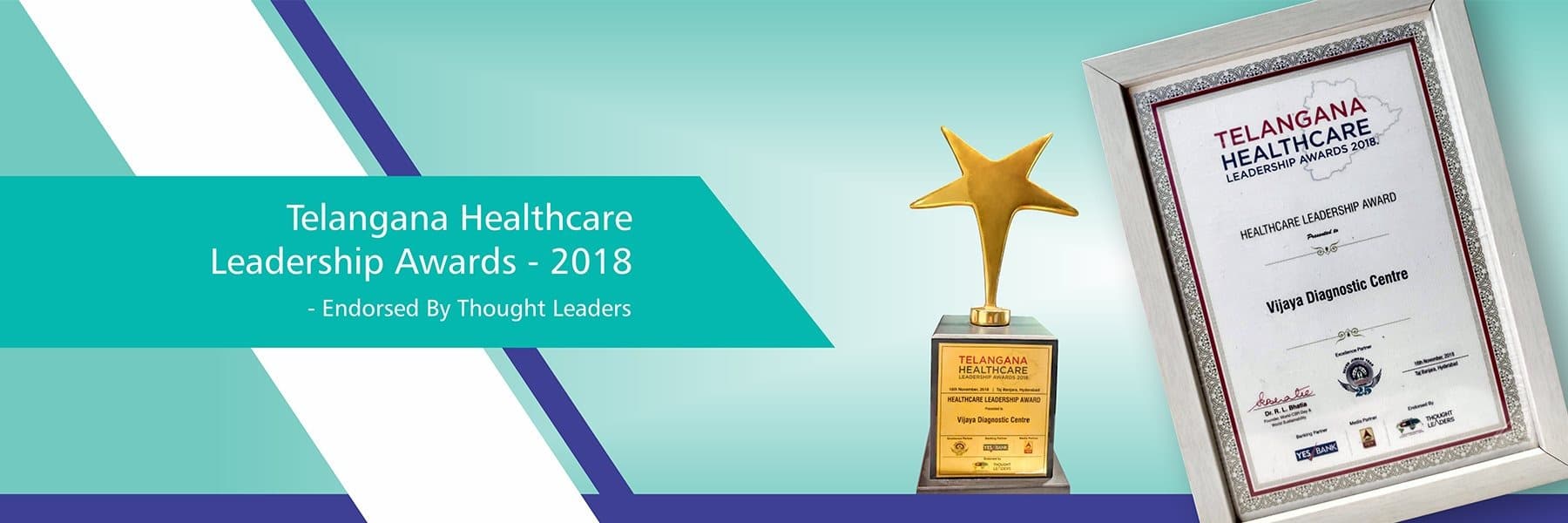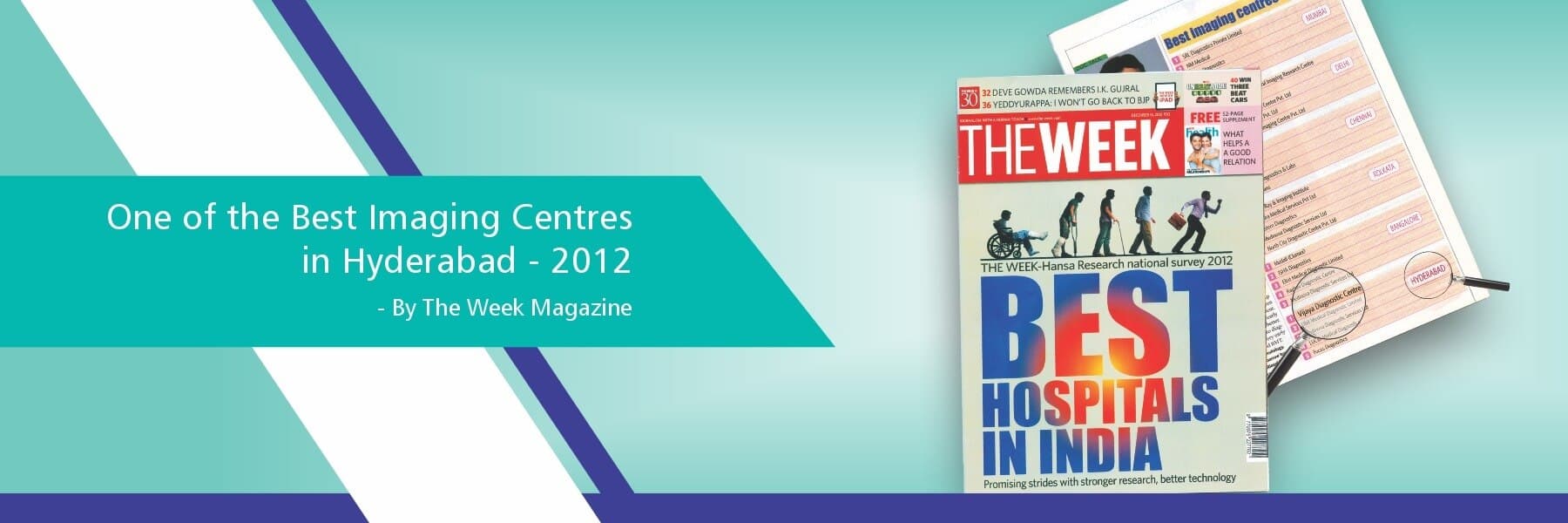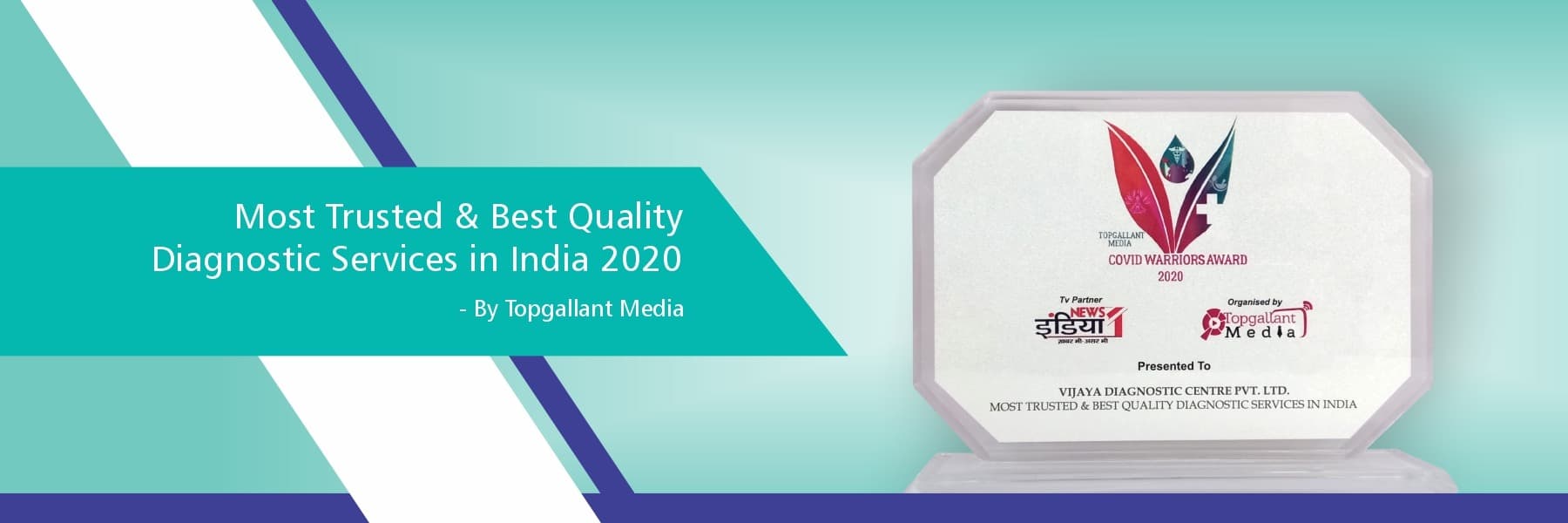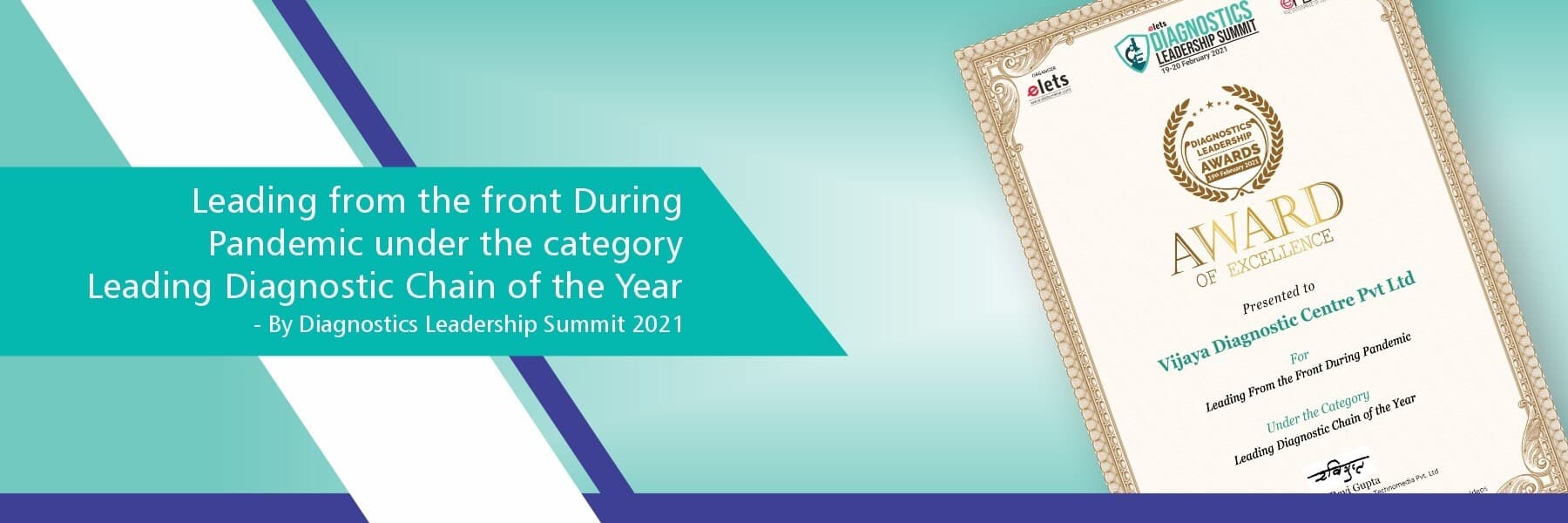What are CT Scans?
A Computed Tomography Scan more commonly known as a CT scan is a medical imaging technique that provides detailed views of the human body's internal structures. A CT Scanner uses X Rays to capture numerous high spatial resolution images as it rotates around a patient, producing a comprehensive 3D view of the targeted human body part & its internal structures.
A CT scan may alternatively be referred to as a CAT (Computed Axial Tomography) scan.A CT Scan enables healthcare professionals to visualize bones, muscles, organs & blood vessels with remarkable clarity, surpassing the capabilities of traditional X-rays which can only produce a flat 2D image where targeted structures may be obscured due to overlapping of organs.
A typical CT scanner comprises three essential components:
1. An X-ray tube that generates X-rays
2. A gantry with X-ray detectors for capturing the images
3. A sophisticated computer system for processing & displaying the results.
Additional components such as the bowtie filter, generator & collimator enhance the CT scanner's precision.
What Can CT Scans Detect?
CT scans are powerful diagnostic tools capable of detecting a range of medical conditions, including:
1. Blood clots
2. Heart disease
3. Kidney stones
4. Brain injuries
5. Spinal column injuries
6. Internal bleeding & internal injuries
7. Certain bowel disorders like Crohn’s disease, ulcerative colitis, pancreatitis, blockages, appendicitis, diverticulitis, etc
8. Bone & joint problems including complex fractures
9. Excess fluid & certain infections
CT scans can also play a crucial role in guiding treatment plans, including radiation therapy, biopsies & surgeries. Conditions like heart disease, emphysema (a type of lung disease) & liver masses can not only be detected but also be monitored for follow up.
While CT scans are proficient in diagnosing various conditions, it's important to acknowledge their limitations. CT scans may not be as effective in detecting early-stage cancers, specific tumor types and cancers such as uterine, prostate, or certain liver cancers. For visualizing metastases to the bone & brain, MRI stands out as the superior imaging modality.
CT scan results should be interpreted by qualified medical professionals, taking into consideration the patient's medical history, clinical assessment & other pertinent factors.
How are CT Scans Performed & How to Prepare for CT Scans?
CT Scans are usually painless & involve minimal preparation. CT scans usually take anywhere between 10 and 30 minutes but Contrast CT scans may involve some preparation.
If you are scheduled for a CT scan with contrast, a contrast dye may be inserted using an IV directly into your vein. Additionally, you may have to ingest a substance, resembling a barium swallow, to enhance the visibility of your intestines/ specific body parts. You will be expected to drink the oral contrast 1 - 2 hours before the CT contrast scan.
For contrast CT scans, you will have to adhere to certain dietary restrictions such as not consuming solid food 4-6 hours before the scan & consuming only clear liquids or water. You may also have to stop taking certain medications.
Before an IV Contrast CT scan, you will have to undergo a blood test to check your Creatinine levels & assess kidney function since the contrast used in CT scans can cause acute kidney injury.
You will be asked to remove any metallic accessories/jewelleries & change into a hospital gown just before the CT scan. During the scan you may be asked to hold your breath for 10-15 seconds at a time.
During the scan, a narrow X-ray beam circles the targeted body part to generate cross-sectional (2D Slices) images by capturing multiple angles. This process is iterated to produce numerous slices & stacked by the computer to render a comprehensive image of organs, bones, or blood vessels.
What is the purpose of conducting a CT scan?
One or more of the following could be purpose of CT scans:
1. To evaluate Blood Vessel problems & conditions like stroke, peripheral artery disease (PAD) & carotid artery disease (CAD).
2. To Diagnose kidney stones, tumors, intestinal blockage, infections & bowel diseases.
3. Screening for colon cancer
4. To pinpoint the exact location of a tumor & map its spread
5. To examine small bones - hands, feet & spine (including fractures, herniated disks & scoliosis)
6. To detect soft tissues injuries & complex fractures
7. To determine the source of chronic pain/referred pain
8. To assess bone density & bone loss
9. To determine the effectiveness of a medication or treatment plan (especially for cancer)
10. To determine to stage of a cancer/progress of disease
11. To screen for spinal cord & brain injuries (especially after serious injuries or accidents since CT scans are faster than MRIs)
12. To aid doctors in planning for procedures such as radiation therapy, chemotherapy, biopsy & surgeries
What are the risks associated with a CT scan?
CT scans carry minimal risks. Risks of CT scans include:
- Radiation Exposure
- Allergic reactions to contrast dyes
- Prolonged or frequent scans may pose a slight increased risk of cancer.
In case of contrast dye allergy, the doctor may opt for a non-contrast scan or administer preventive medications like steroids. While risks are minimal, it's crucial to discuss concerns with your healthcare provider.
What Types of CT Scans Exist?
Spiral CT or Helical CT is the most common type of CT scans. In a spiral CT scan, an entire X- ray tube rotates around the targeted area's central axis to offer continuous & detailed imagining.
PET-CT (Positron Emission Tomography–Computed Tomography): This Combines PET and CT scanners in a single gantry for sequential imaging. It aligns functional PET images depicting metabolic activity with anatomical CT images to detect & assess cancers.
Other types of CT scans include:
- Sequential CT Scan (Step & Shoot CT)
- Dual Energy CT (Spectral CT)
- CT Perfusion Imaging
- EBT (Electron Beam Tomography)
Commonly Prescribed CT Scans include:
- Full body CT scan
- Cranial or Head CT Scan
- CT angiography
- CT abdomen
- Cardiac CT
- CT bone scan
- CT neck
- Chest CT scan and HRCT Chestv
- Pelvic CT scan
- CT KUB (Kidneys, ureters & bladder)
- CT bone scan
- CT C Spine (cervical spine)
- CT whole spine
Why Vijaya Diagnostics?
As India's largest integrated diagnostic chain, Vijaya Diagnostics has served over 100 million customers in 40 years. Vijaya Diagnostics stands as the premier choice for diagnostic care, boasting transparent pricing, ISO compliance and NABL, NABH accreditations.
Our user-friendly app offers 5000+ tests at your fingertips, allowing instant booking, rescheduling, and hassle-free home sample collection.
If you are worried about the Full body CT Scan cost or wondering which is the best CT scan center near me then look no further than Vijaya Diagnostics. With unmatched CT scan prices & an extensive network of 160+ diagnostic centers across 25 cities.
Choose Vijaya Diagnostics - because your health deserves nothing less!
Frequently Asked Questions
1. Are CT scans safe?
Ans - CT scans are painless, require minimal prep & carry low risks. The low radiation doses USED in CT scans have not demonstrated long-term harmful effects.
2. How long does a CT scan take?
Ans - A CT scan typically takes between 20 minutes to 1 hour depending on the type of scan. Additional prep time may be involved
3. Are there any specific preparations required before a CT scan?
Ans - Yes, You will have to stop consuming solid food 4-6 hours before the scan & consume only clear liquids. Additionally, you may have to ingest a contrast 1-2 hours before a scan for a contrast CT scan.
4. Can children undergo CT scans?
Ans - Yes, CT scans are safe for children. Relatively lower doses of radiation are administered for children.
5. Can pregnant women undergo a CT scan?
Ans - Yes, however you should inform the technician if you are pregnant or think you’re pregnant. Pelvic & abdominal CT scans can expose the fetus to radiation, but it's insufficient to cause harm. CT scans for other body parts pose no risk to the fetus.
6. Can a CT scan detect cancer?
Ans - Yes, CT scans can detect cancer but there are some limitations. They may not detect early stage cancers or cancers of the uterine, prostate or liver accurately.
Drag & drop your files here, Or
browse files to upload.
.pdf, .jpg & .png formats supported. Upto three files can be uploaded at a time
Blogs
Awards & Recognitions
Diagnostic Education
Frequently Asked Questions (FAQs)
Centre Details & Locations
You can click on the Centre Locator mentioned on the top right bar of our home page website to locate centres in your city. You can also search in Google “Vijaya Diagnostic Centre near to me” to find the nearest centre.
Yes, most of the centres have this facility.
Yes, you can check the operational timing of a branch by selecting the centre you want to visit on our website or Google map of respective centre
Health Checkup & Packages
The validity of a health check package is 30 days from the date of invoice, for more detail to Terms & Condition of use section on our website.
Watch This Video for Detailed Information
Once the validity period is over for your registered package, the package cannot be availed. The amount paid by you during the registration process is non-refundable, non-transferable and gets forfeited if you do not visit the branch within the validity period. The amount paid by you during the registration of the special package cannot be utilized for availing other packages.
No. These are special promotional packages which are available for registration only during the specific campaigns and thus it is important for you to register there during the event/campaign. These are specially designed and discounted packages which are only available during the campaign with specific validity period.
The package once registered, is non-transferable. One has to utilize the package for the registered customer only.
Home Sample Collection
Yes, you can book a Home Sample collection by selecting the desired tests on our website or calling our customer care number at 9240 222 222.
Yes, you can prepone/postpone an appointment by calling our customercare number at 9240 222 222.
Reports
Visit Home page of our website and click on Download reports icon. You need to login with mobile number and OTP. You will see your latest report in PDF format.
No, your reports would not be shared with anybody else other than you.
Tests Information & Instructions
Yes, fasting is recommended before undergoing a blood test.
Watch This Video for Detailed Information
- Generally, fasting is required prior to administering IV contrast. Fasting for ~ 4 hours (solid foods) is recommended.
- Kidney function test (serum creatinine) in cases of positive clinical history.
- Review of your medical history to determine that no issues exist preventing you from having a CT scan, such as pregnancy / contrast allergy or reaction (i.e., hives, rash, itching, breathing difficulty).
- A person accompany for IV contrast procedure.
- Some CT scans require drinking oral contrast, for approximately 30–60 minutes prior to your scan.
- Some CT scans involve an injection of contrast, for which an IV cannula will be inserted.



